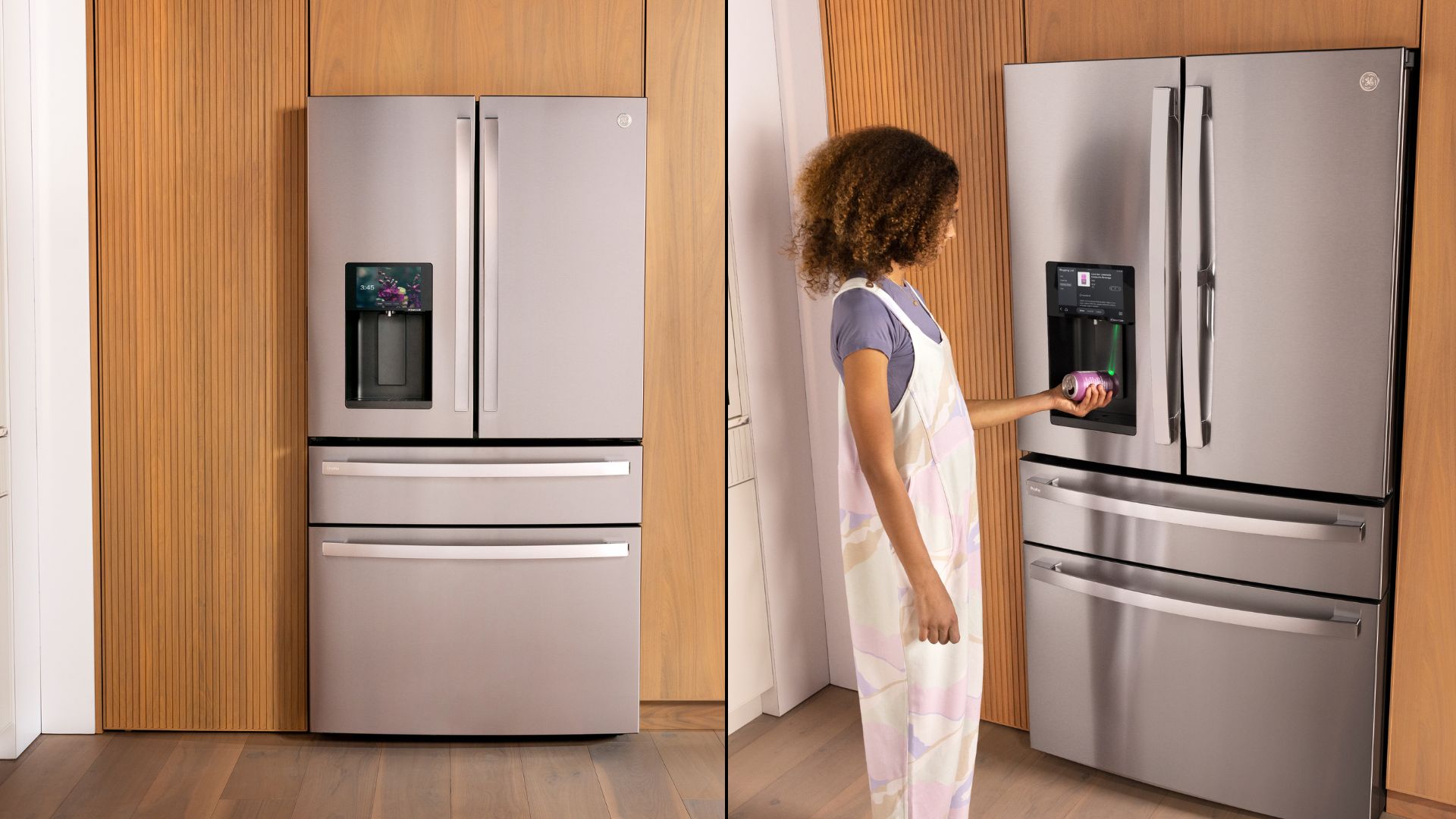7 things you might notice when using a VPN for the first time
First impressions for VPN newbies
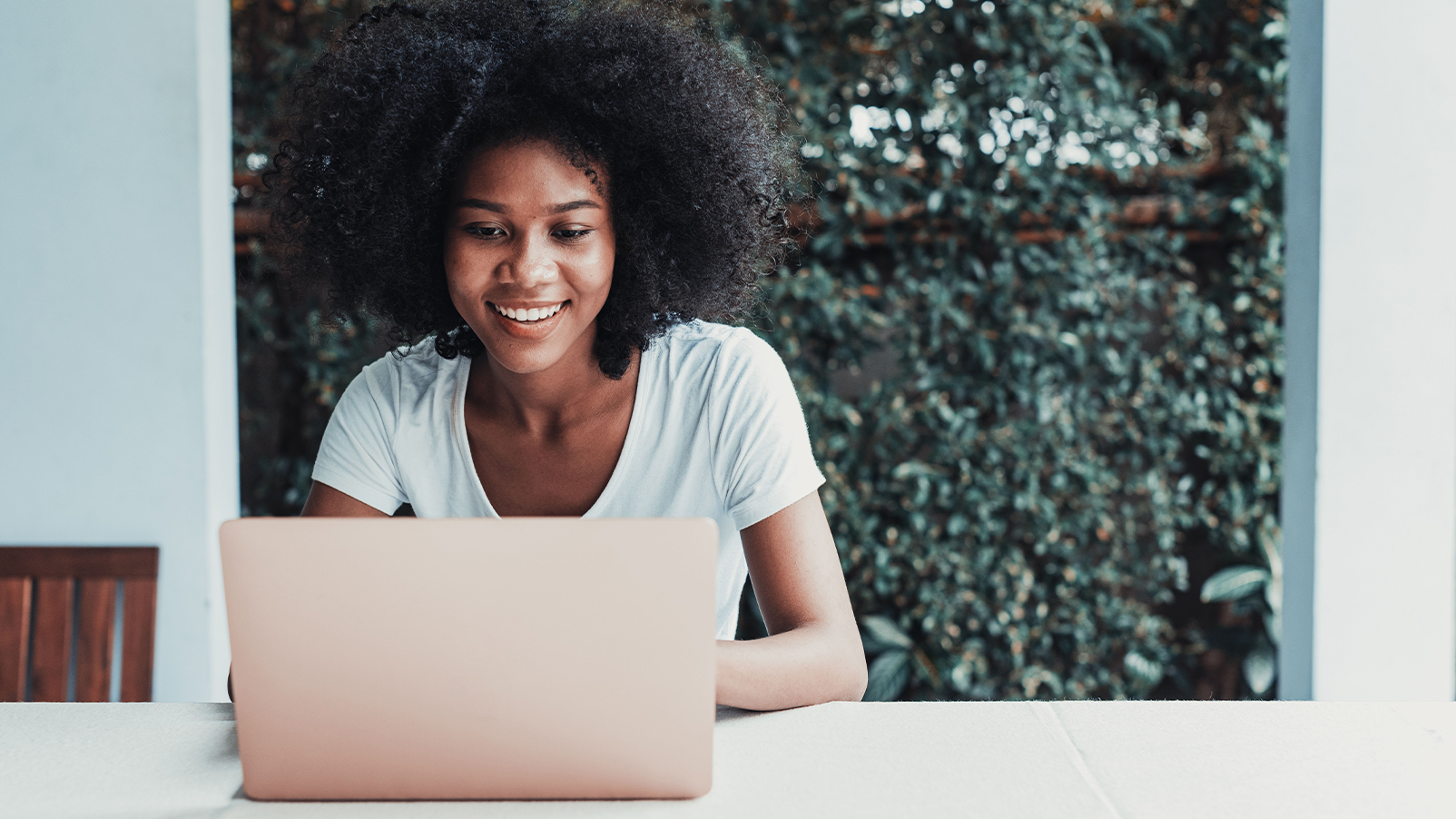
So you're thinking about using one of the best VPNs for the first time? That's great news, as a VPN is a fantastic way to protect yourself online and get some all-too-rare privacy on the internet.
If you're still a bit unsure, then don't worry. While modern VPNs are far less problem-prone that those of 10 years ago, there are still some minor issues you might face – but there are also some surprising benefits you might not initially be aware of. Like a VPN Sherpa, we're here to guide you through what you might notice the first time you use one, and tell you what's in store.
1. VPNs are easier to use than you might expect
The phrase Virtual Private Network might sound like the kind of thing you hear the geek squad at your office say, but VPNs are used by millions of regular people worldwide.
You don't need to be a master hacker to use a VPN, in fact, many providers – like ExpressVPN or NordVPN – let you connect with just one click or tap. Simply download the app on your choice of device and tap "Quick Connect" (or similar) for an automatic connection to your most convenient server. Boom, you're connected, protected, and ready to go.
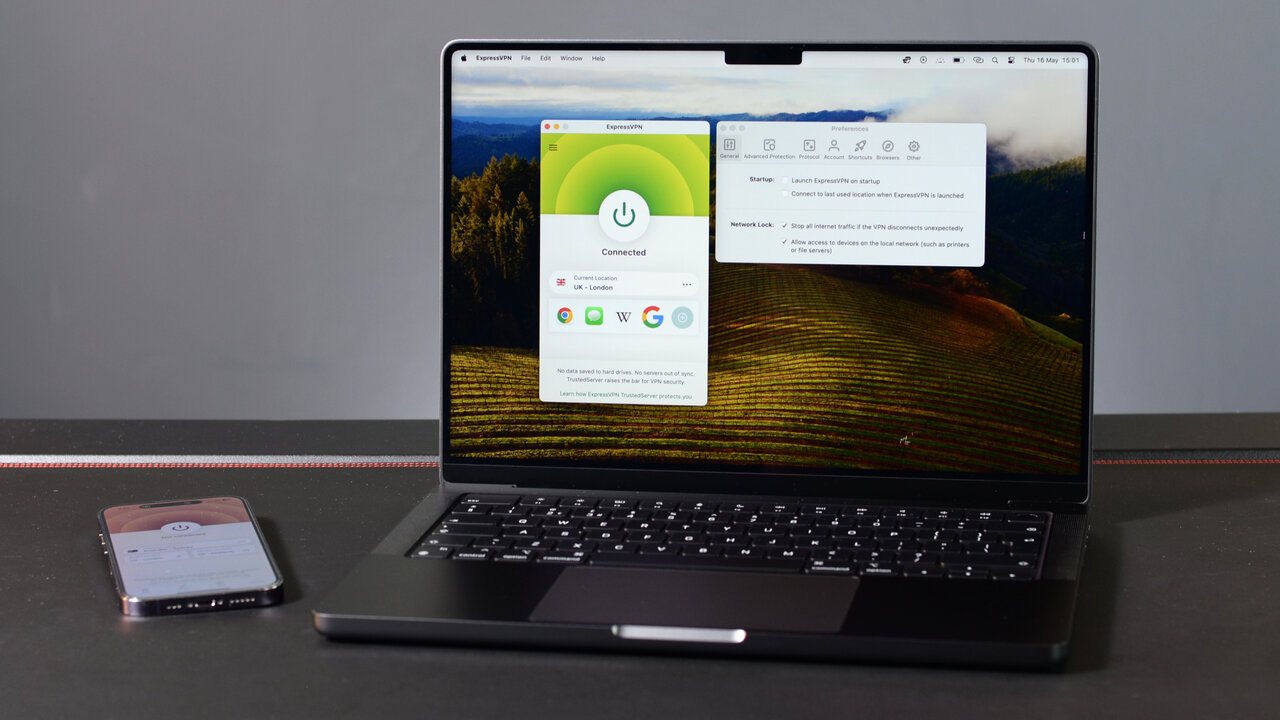
As for choosing a specific country to connect to, simply select the country you are after from a list of available options and you'll connect to a relevant server in no time.
2. There may be more options than you know what to do with – but don't worry
Of course, while using a VPN is simple, it doesn't take much digging to see a whole wealth of options that you may not understand. That's completely fine – we have plenty of help articles here at Tom's Guide, while the top providers also have plenty of guides for their own services.
To be honest, for most people, simply knowing how to connect to a server and turn the VPN on and off is enough – the most secure VPN providers know how to set up their products to help most users.
3. Different content on streaming services
If you connect to a VPN server in a different region and then open up a streaming service like Netflix, you might notice some shows and movies you've never seen on there before. That's because the rights for movies and TV shows are often distributed differently around the world.
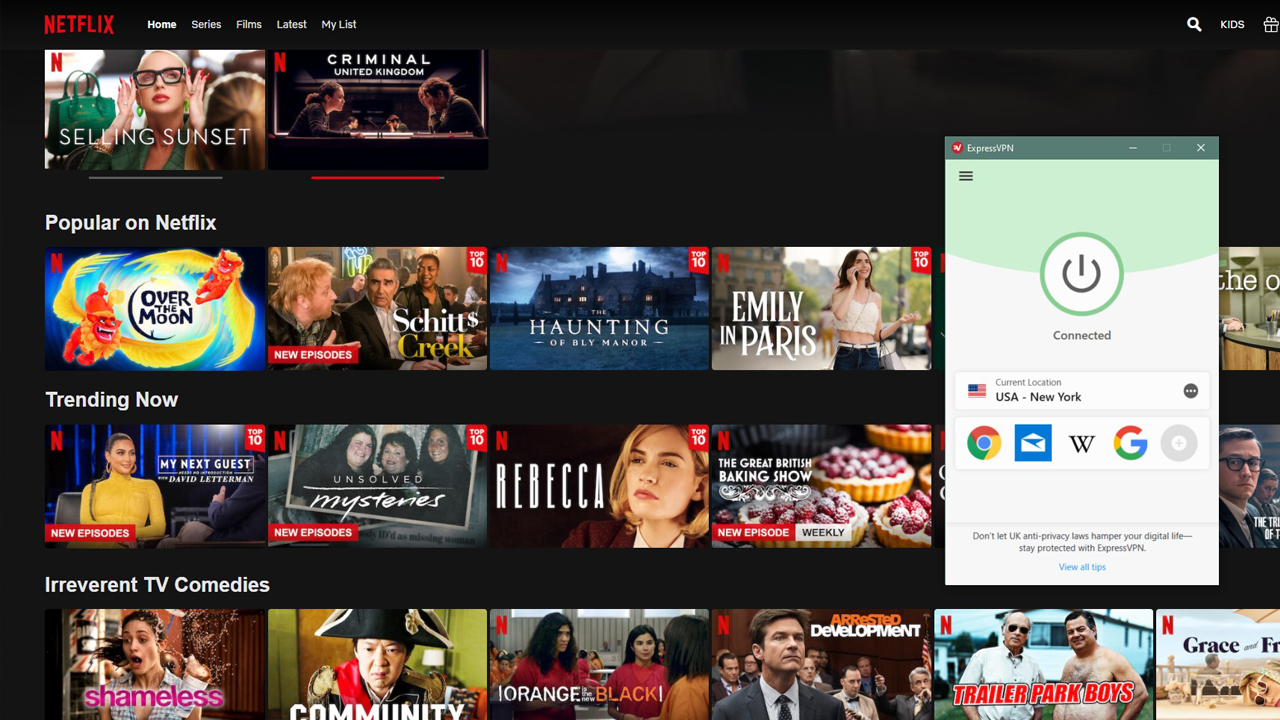
Using one of the best streaming VPNs is a fantastic way to access region-locked content and even enjoy your streaming favorites while out of the country. Simply set your server of choice to one back in your homeland, grab some popcorn and enjoy your regular streaming service.
4. Your ping time might increase
One of the negative things you might notice when connected to a VPN is an increased ping time. This is because your traffic will be encrypted and has to route through an additional server compared to an unprotected internet connection.
What is the effect of high ping? Well, ping is a measure of latency, and gamers will be familiar with a high latency causing lag and internet slowdown as your device takes longer to contact a server.
If you plan on streaming and gaming with a VPN on, this is why it's so important that you should seek out one of the fastest VPNs available. Thankfully, in our testing, we've found that the leading providers generally have ping times of below 30 milliseconds, which should be undetectable in most situations compared to your regular connection.
5. More CAPTCHAs may appear
This is one of the biggest annoyances of using a VPN. Because connecting to a VPN assigns you an IP address that other subscribers have also used, you may be prompted a lot more often to prove that you're not a robot, even on sites you've regularly visited.
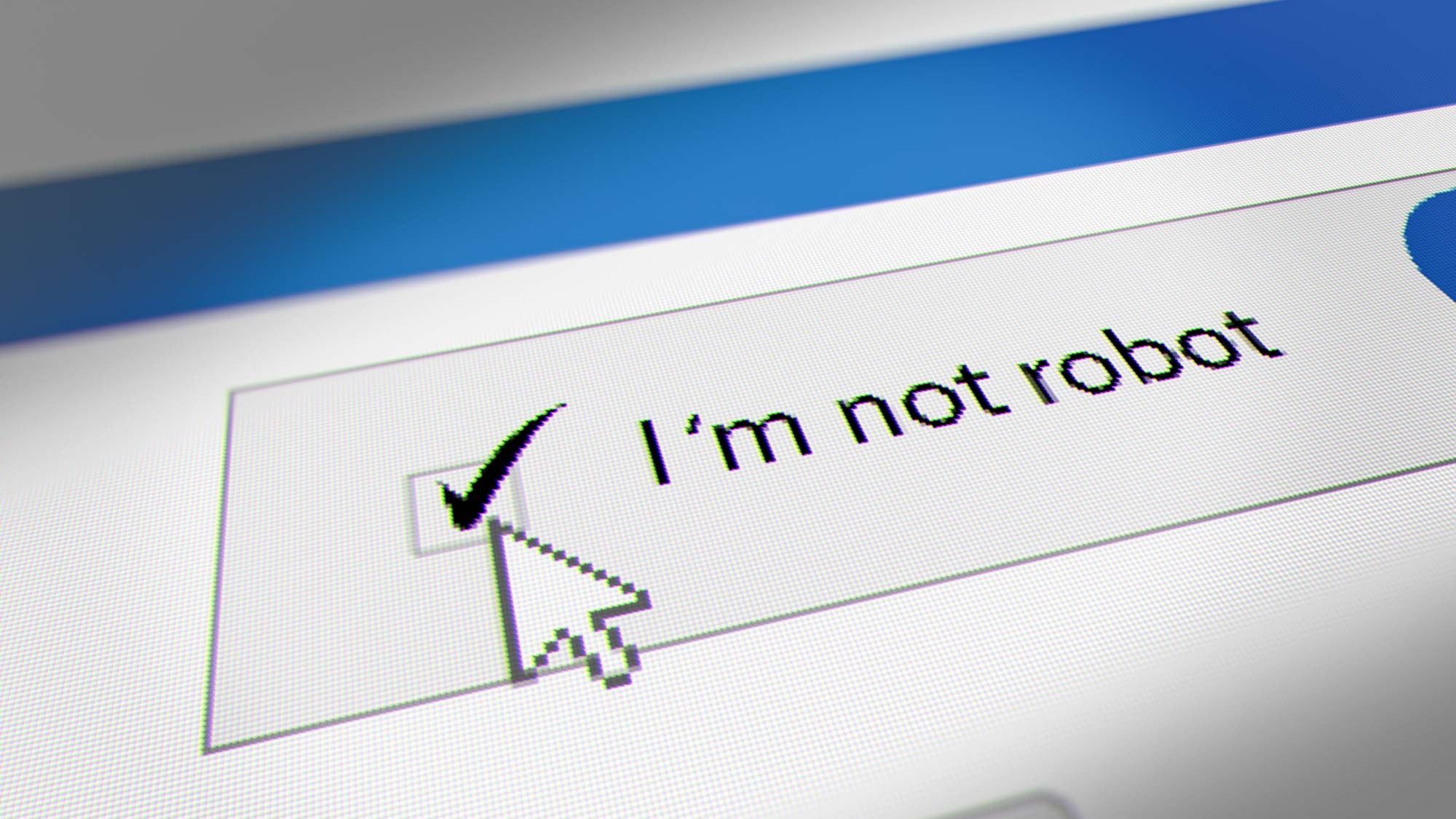
These mini-tests are called CAPTCHAs, and are designed to prove that you're a legitimate user and not, say, a bot connecting as part of a DDoS attack. While they are annoying, they're quick and easy enough (as long as you're human) and a small price to pay for security.
6. Fewer ads
When surfing the internet when using your VPN, you might have noticed fewer ads online. That's because many VPNs feature built-in ad-blocking capabilities. Surfshark, for example, comes with its CleanWeb ad blocker automatically enabled and works even with the VPN turned off.
While it's very difficult to browse the internet completely ad-free even with an ad-blocker, the very act of using a VPN can dramatically reduce the number of nasty targeted ads you receive as you are essentially assuming a new identity with a new IP address.
Essentially, if you're taking other precautions to avoid your online persona being linked to your activity (using private browsing is a big one), you may still see ads, but since advertisers can't link you with what you've done in the past, they can't target you as effectively.
7. Some sites just don't work
While using a VPN is a great way to get past internet restrictions and blocks, you will also have to accept that some websites just won't work. Not every website allows VPN traffic, and some block known VPN-affiliated IP addresses. For instance, one of our esteemed colleagues has found he has to turn off his VPN to play Runescape (no shame here).

That's something that we'll just have to live with unfortunately, or you could turn your VPN off and visit the site as normal. Still, there's plenty of fun to be had with a VPN enabled.
Andy is a freelance writer with a passion for streaming and VPNs. Based in the U.K., he originally cut his teeth at Tom's Guide as a Trainee Writer before moving to cover all things tech and streaming at T3. Outside of work, his passions are movies, football (soccer) and Formula 1. He is also something of an amateur screenwriter having studied creative writing at university.
